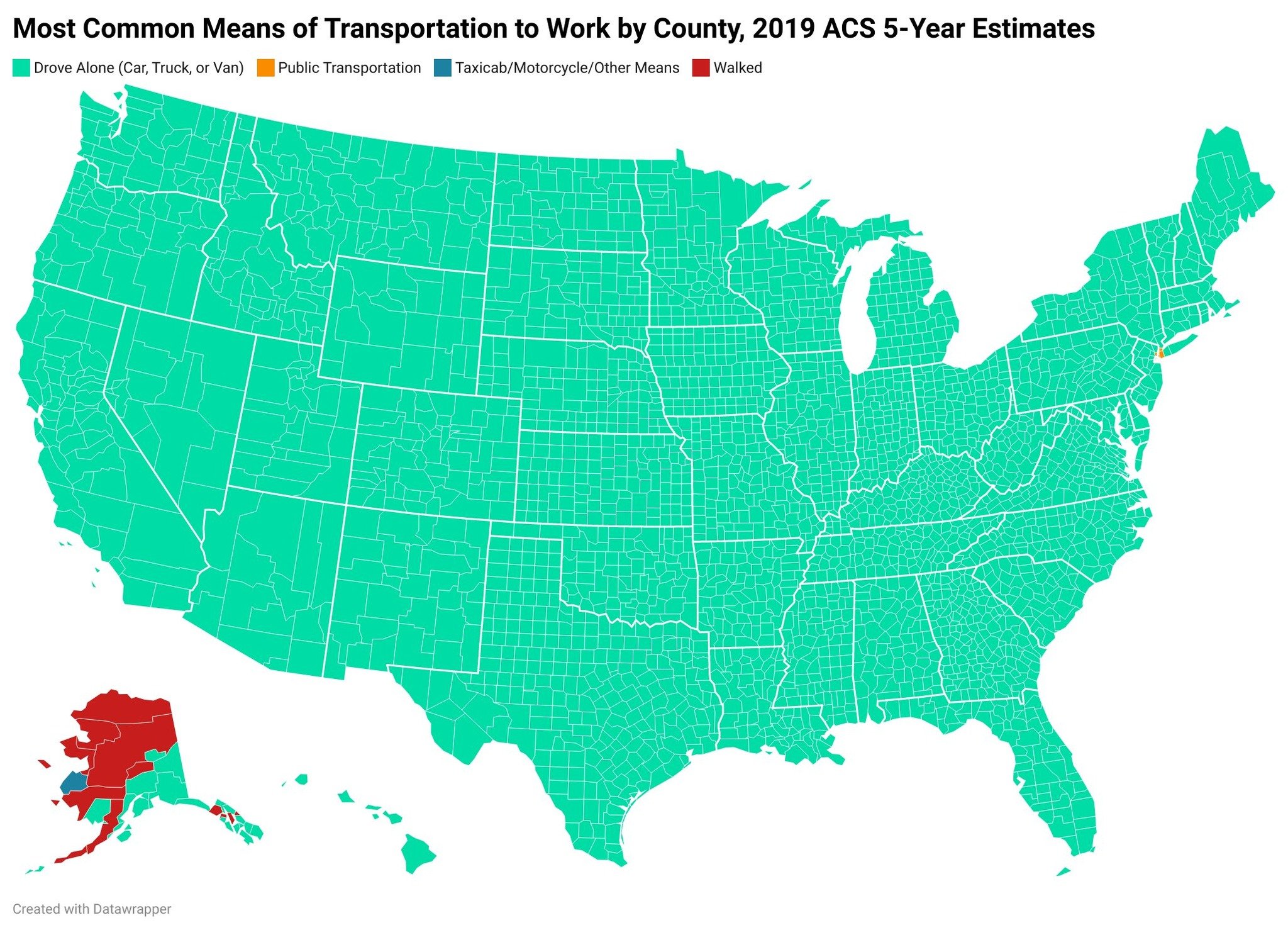view the rest of the comments
Fuck Cars
A place to discuss problems of car centric infrastructure or how it hurts us all. Let's explore the bad world of Cars!
Rules
1. Be Civil
You may not agree on ideas, but please do not be needlessly rude or insulting to other people in this community.
2. No hate speech
Don't discriminate or disparage people on the basis of sex, gender, race, ethnicity, nationality, religion, or sexuality.
3. Don't harass people
Don't follow people you disagree with into multiple threads or into PMs to insult, disparage, or otherwise attack them. And certainly don't doxx any non-public figures.
4. Stay on topic
This community is about cars, their externalities in society, car-dependency, and solutions to these.
5. No reposts
Do not repost content that has already been posted in this community.
Moderator discretion will be used to judge reports with regard to the above rules.
Posting Guidelines
In the absence of a flair system on lemmy yet, let’s try to make it easier to scan through posts by type in here by using tags:
- [meta] for discussions/suggestions about this community itself
- [article] for news articles
- [blog] for any blog-style content
- [video] for video resources
- [academic] for academic studies and sources
- [discussion] for text post questions, rants, and/or discussions
- [meme] for memes
- [image] for any non-meme images
- [misc] for anything that doesn’t fall cleanly into any of the other categories

Ok! As per the marriam-webster definition of a metropolis:
the chief or capital city of a country, state, or region,
the city or state of origin of a colony (as of ancient Greece),
a city regarded as a center of a specified activity,
a large important city.
As per Cambridge:
a very large city, often the most important city in a large area or country.
Collins:
A metropolis is the largest, busiest, and most important city in a country or region.
Britannica:
a very large or important city — usually singular
Oxford:
A very large urban settlement usually with accompanying suburbs. No precise parameters of size or population density have been established. The structural, functional, and hierarchical evolution of global metropolises is rooted as much in the past as in the present: modern information and communications technology may be more advanced than the 19th-century telegraph, but the processes and outcomes are much the same (Daniels (2002) PHG 26). ‘[Berlin's] wealth of facilities, as well as their scatter across the metropolis, can be understood only in the light of the city's history and, paradoxically, its troubles.
Longman:
a very large city that is the most important city in a country or area
You:
NYC but only if half the people use public transit
I don't think they were being literal or looking for a dictionary definition. I think they were saying the definition of a real city should hinge on the use of mass transit.
Personally I think anywhere that's car dependent isn't somewhere I'd want to live.
I think of it more as transit is a characteristic of a functioning city. You can’t scale well without it.
Then they should have said that
not OP, but according to some of those definitions (cambridge, collins, longman), NYC would be the only metropolis in the US, as it is the US' largest, busiest, and most important city.
It goes by region. LA, San Diego, Chicago, Sacramento, San Francisco, Milwaukee, Detroit, Charlotte, Tulsa, San Antonio, Dallas, Atlanta, Cleveland, Las Vegas, Denver, etc... all fall under the definitions of a metropolis. And the most important city in US is not NYC, it's Washington DC. NYC is just the most populated and industrialized, DC trump's it in significance because that's the epicenter of trade, labor, and industry policies
Cries in Massachusettsan.
Looks like you need to post about politics less.
Lol. Wut? Talking about DC doesn't mean I'm talking about politics
Nah buddy I grew up in Atlanta you can't convince me it's a metropolis.
There's a nice little downtown core and then 99% suburban sprawl. Fuck that
Just like every city on the planet.
All those definitions use “city”. Does the definition of city require the kind of density that would make relying mostly on self-owned cars impossible? Depends, in america no, in other countries maybe.
Ooooo, self-moving goalposts, nice!
Oooo passive aggressive people on lemmy, nice!
No. “City” is a legal designation for an inhabited area. Some legal frameworks place a minimum population requirement for designation as a city but none (AFAIK) require a population density value.
For example, Oklahoma City is the largest city in the US by land area (or it was a few years ago) because the city limits were drawn that way. Population density was and is very low but it’s still a city.
in some countries it is. Not in all. You can’t generalise the US’s rules for everywhere. Also, many words have both common and legal meanings.
No it doesn't. However original commenter put a challenge out on what a metropolis is. I responded to the challenge.